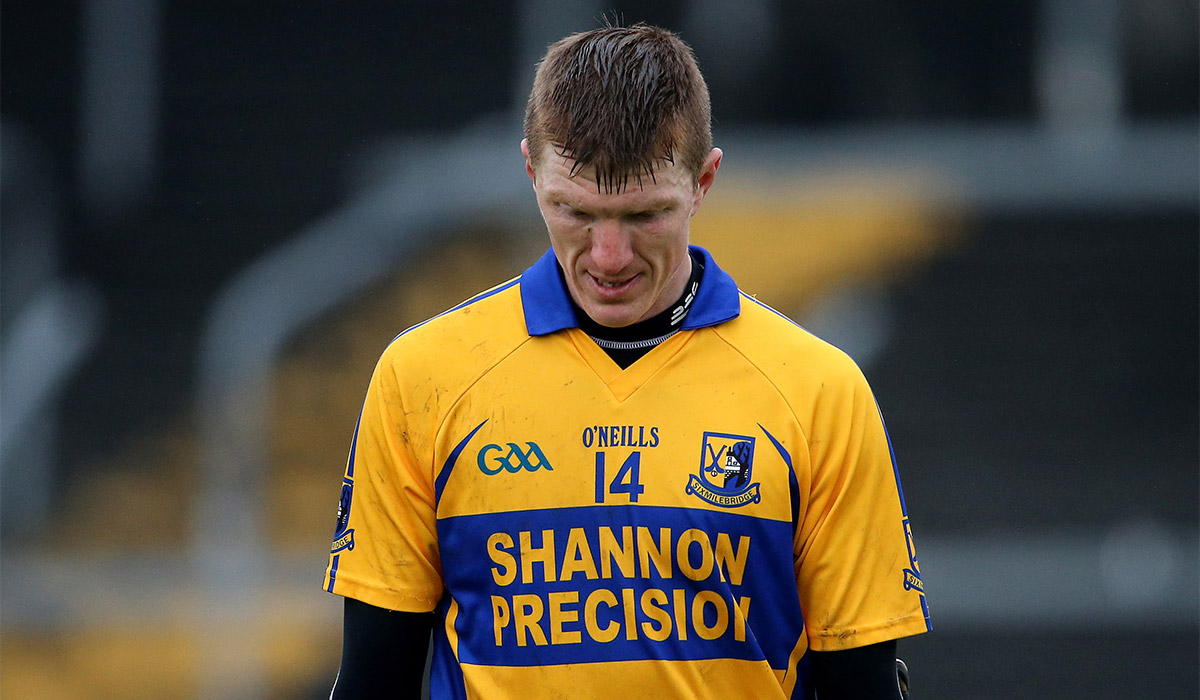Jury Continues Deliberations in Assault Trial of Former Hurler Niall Gilligan
The jury in the assault trial of former Clare hurler Niall Gilligan, a former All-Star and All-Ireland winner, is set to continue their deliberations today. The case has drawn significant attention due to the high-profile nature of the defendant and the serious charges he faces.
At Ennis Circuit Court, just before 5pm yesterday, Judge Francis Comerford instructed the jury to return today for further deliberations, urging them to “make a fresh start of it.” This decision came after the jury had spent two hours and 47 minutes in discussion before posing a question to the judge at 4:51 pm.
The jury foreman asked, “What is the next step if we are not unanimous?” In response, the judge explained that there are various procedures available if a jury cannot reach a unanimous verdict, but these can only be implemented at specific stages of the process. He emphasized that reaching a unanimous decision is the ideal outcome, as it aligns with the fundamental purpose of the jury system.
Judge Comerford suggested that it was appropriate for the jury to break for the day and reconvene the following day to continue their discussions. He also noted that if the jury remains divided on the verdict, the situation could be reassessed at a later stage.
Niall Gilligan, 48, from Rossroe, Kilmurry, Sixmilebridge, County Clare, is accused of assaulting a 12-year-old boy with a stick at the Jamaica Inn hostel on October 5, 2023. He has denied the charges.
In his instructions to the jury, Judge Comerford outlined key considerations regarding the defense of self-defense. He directed the jury to consider whether they were satisfied beyond all reasonable doubt that the initial encounter between Mr. Gilligan and the boy occurred outside the Jamaica Inn, rather than in the corridor of the building. If this condition is met, the defense of lawful use of force cannot be considered.
The judge also highlighted the importance of assessing the accused’s belief in the necessity of using force for self-protection or to prevent damage to property. If the jury determines that the accused did not genuinely believe he needed to use force, the self-defense argument would no longer hold.
Additionally, Judge Comerford posed a critical question to the jury: if the accused did believe he was justified in using force, was the force applied reasonable and necessary under the circumstances as he perceived them? If the answer is yes, the jury must acquit the accused. However, if the force used was deemed unnecessary, then the accused would be found guilty of the offense.
The case continues to unfold, with the jury expected to deliberate further today. The outcome of the trial will have significant implications, not only for the defendant but also for the broader legal discourse surrounding self-defense and the use of force in such cases.







